AUBURN — The few neighborhood markets and variety stores operating in Lewiston and Auburn are a throwback to another era and still essential to their neighbors and the community at large.
They are allowed in most of Lewiston, but were outlawed in Auburn in the 1950s and 1960s when local government officials wanted to stop growth.
Now, some 60 years later, Auburn is trying to bring them back. Mayor Jason Levesque said he got the idea as part of a comprehensive review of zoning laws and thinking about what makes a neighborhood vibrant.
“Looking back at that pre-1950s, the neighborhoods had a mix of housing, they also had neighborhood stores, neighborhood schools, which thankfully we still have,” Levesque said. “So, what was old is new again. This is a trend around the country by the way — walkable cities.”
Cities are looking to reduce their carbon footprint, encourage a healthier lifestyle and attract younger generations of buyers. City Observatory, a think tank devoted to data-driven analysis of cities and the policies that shape them, said its research shows that homes in walkable neighborhoods command a premium price over car-dependent neighborhoods.

Wheeler’s Market on South Main Street in Auburn, shown March 9, is an applicant for the neighborhood corner store program established by the city. Four applicants will receive a grant of up to $35,000 to expand or start neighborhood stores that generate most of their revenue from the sale of food and groceries. Russ Dillingham/Sun Journal
Using $150,000 in American Rescue Plan funding, Auburn has launched the Neighborhood Corner Store Program, a pilot project to select four applicants to receive a grant of up to $35,000 to expand or start neighborhood stores that generate most of their revenue from the sale of food and groceries.
To be eligible, stores must be at least one-quarter mile away from a national grocery chain.
The aim is to offer high-quality produce and other healthy foods to serve a broader clientele. This could include the purchase of a refrigeration unit for produce at the front of the store. Adding new products is also high on the list.The applicants include Blackie’s Farm Fresh Produce on Minot Avenue, Roy’s Foodland on Broad Street, Wheeler’s Market on South Main Street, J&H Variety on Washington Avenue and The Smoothie Spot on Stevens Mill Road.
For now, the city has closed the application process to evaluate the five submissions. The top four applicants will be evaluated and funded. But if any submission doesn’t fit the bill, the city will reopen the application process.

Canned goods, produce, hams, chicken and other goods for sale are shown in an undated photo of Gowell’s Variety in Auburn. The photo was found in a scrapbook Sophia Westleigh created when she was 12 years old. Russ Dillingham/Sun Journal
The roster of neighborhood stores used to include Dostie’s Market on South Main Street, Bosse’s Market on South Main Street and Breau’s Market on Main Street.
Gowell’s Variety on Hampshire Street has a history dating back more than 100 years and is one of the few stores grandfathered when the zoning changes took effect. Sophia Westleigh and her brothers, Billy Nolin Jr. and Jordan Nolin, manage the store. When their parents bought the store in 2006, it needed a lot of cleaning and upgrading.
Sophia said she’s excited to hear about the city’s program to expand neighborhood stores.
“I think it’s great, because all these small businesses need a little boost,” she said. “You know, they’re so worried about helping all these corporations, but at the end of the day the small businesses are trying to give better prices than these corporations are.”

Store Manager Sophia Westleigh looks over her shoulder March 9 while making a chicken salad sandwich at Gowell’s Variety on Hampshire Street in Auburn. Russ Dillingham/Sun Journal
Katie Cote bought Wheeler’s Market in November 2022 and is one of the applicants for the grant. She’d like to offer more prepared food that people can just take and go — like taco wraps, chili on the weekends and lasagna to take home hot or cold. She said the whole building needs upgrades, so her list is fairly long.
Levesque said there are three goals for the program: access to food in a walkable community, increase the number of entrepreneurs in the city and become an outlet for the agricultural community.
“We have a massive agricultural resource protection zone, but we don’t have food,” he said, pointing out there are very few working farms in Auburn anymore.
If the program is successful, Levesque said he would start a conversation with the City Council, make any needed modifications and grow the program. The city still has additional federal pandemic relief funds to make that happen, like it did with the city’s Sustainable Auburn matching rebate program.
Send questions/comments to the editors.


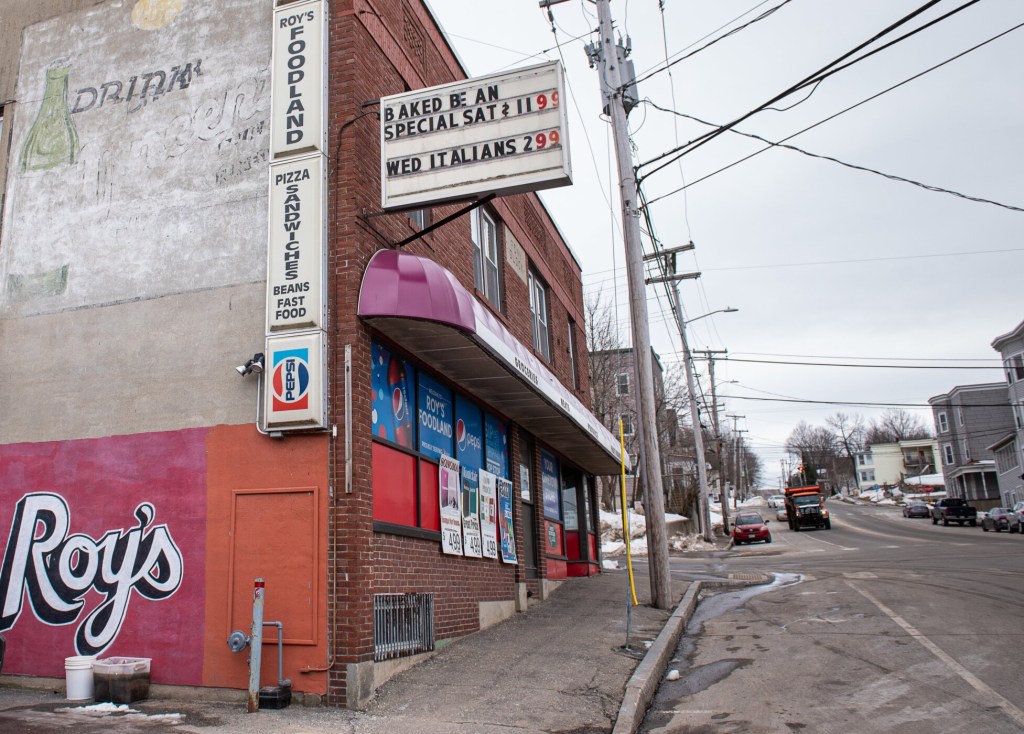

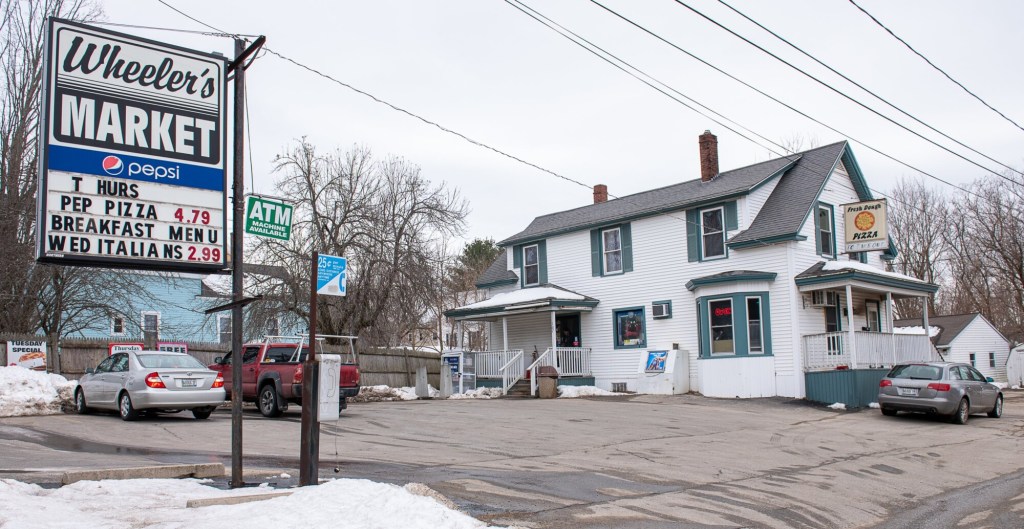
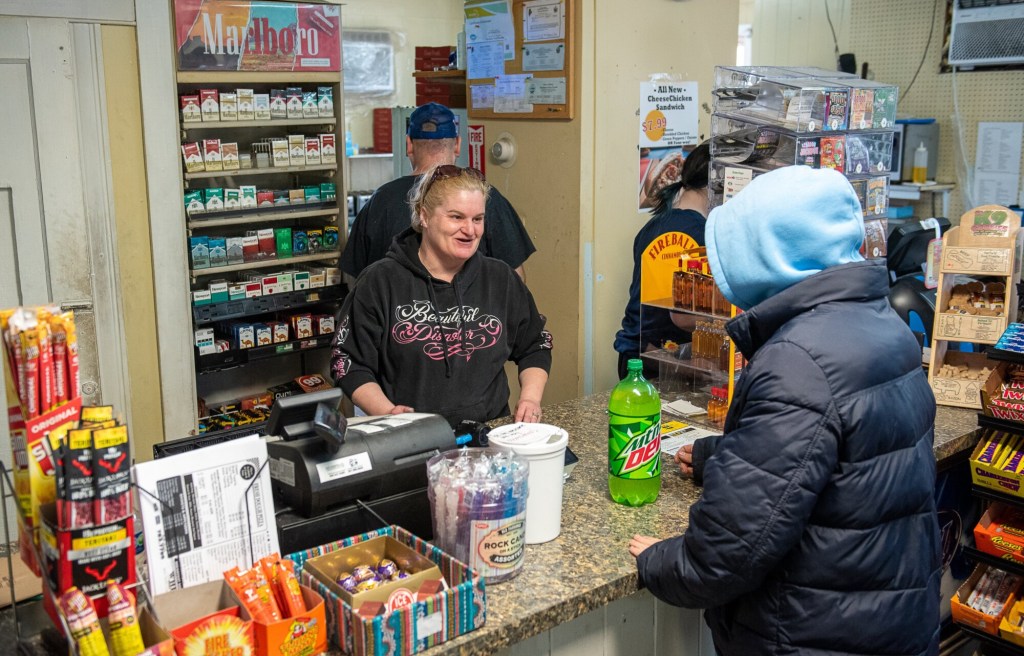
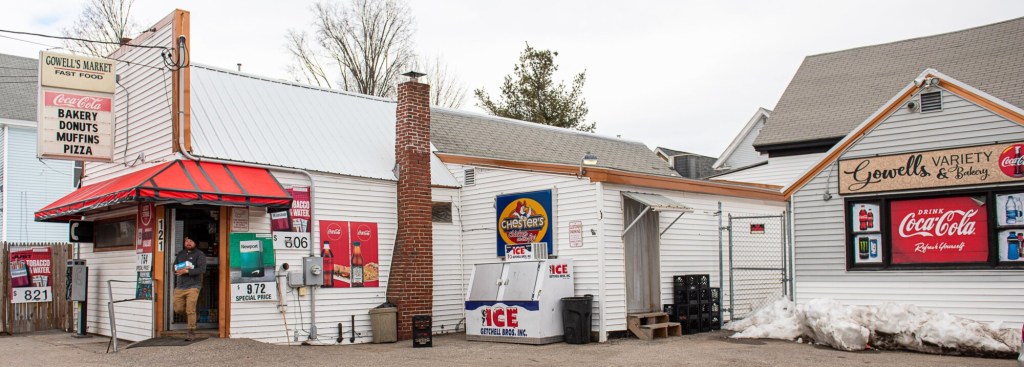
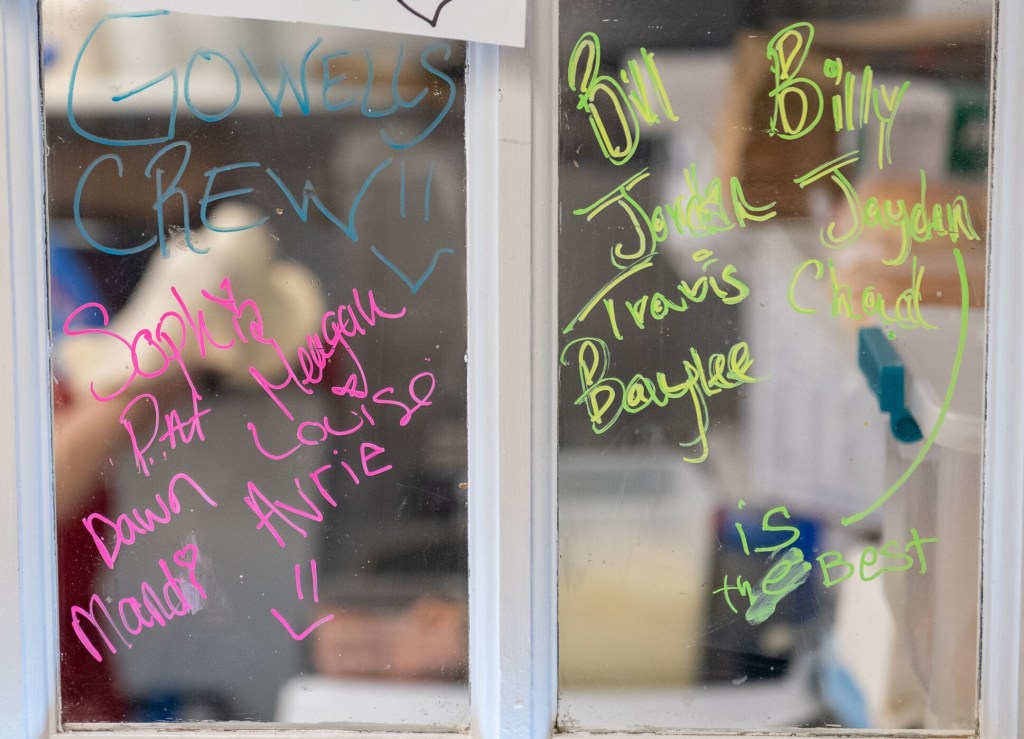

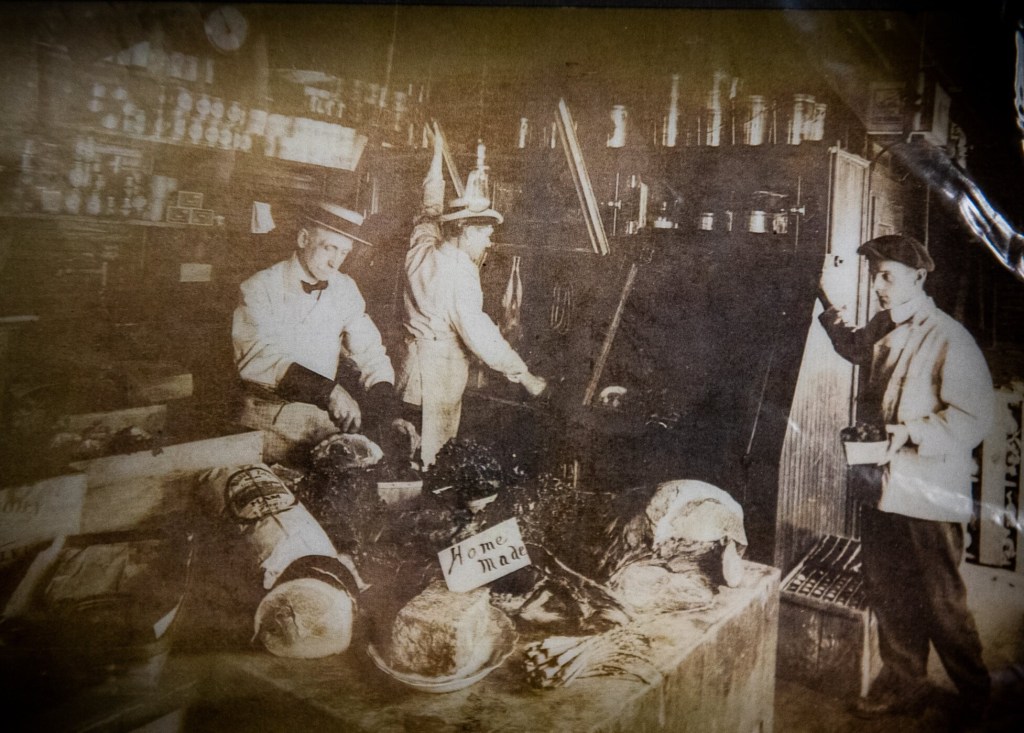
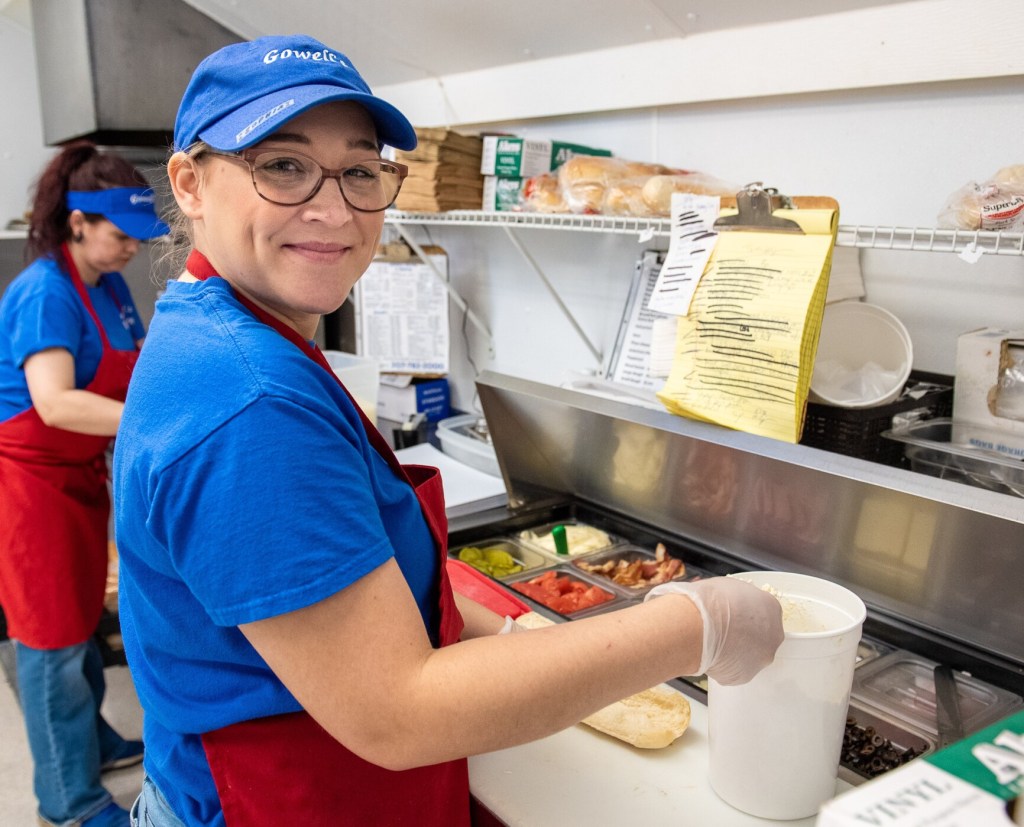

Comments are no longer available on this story